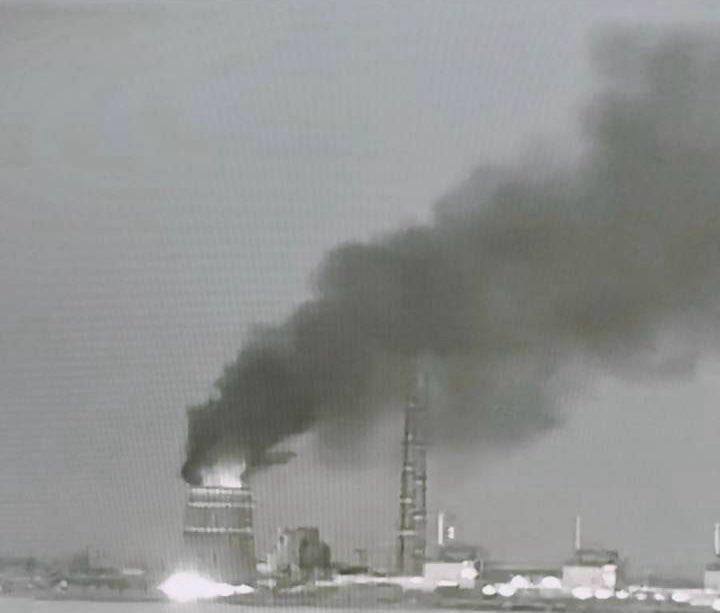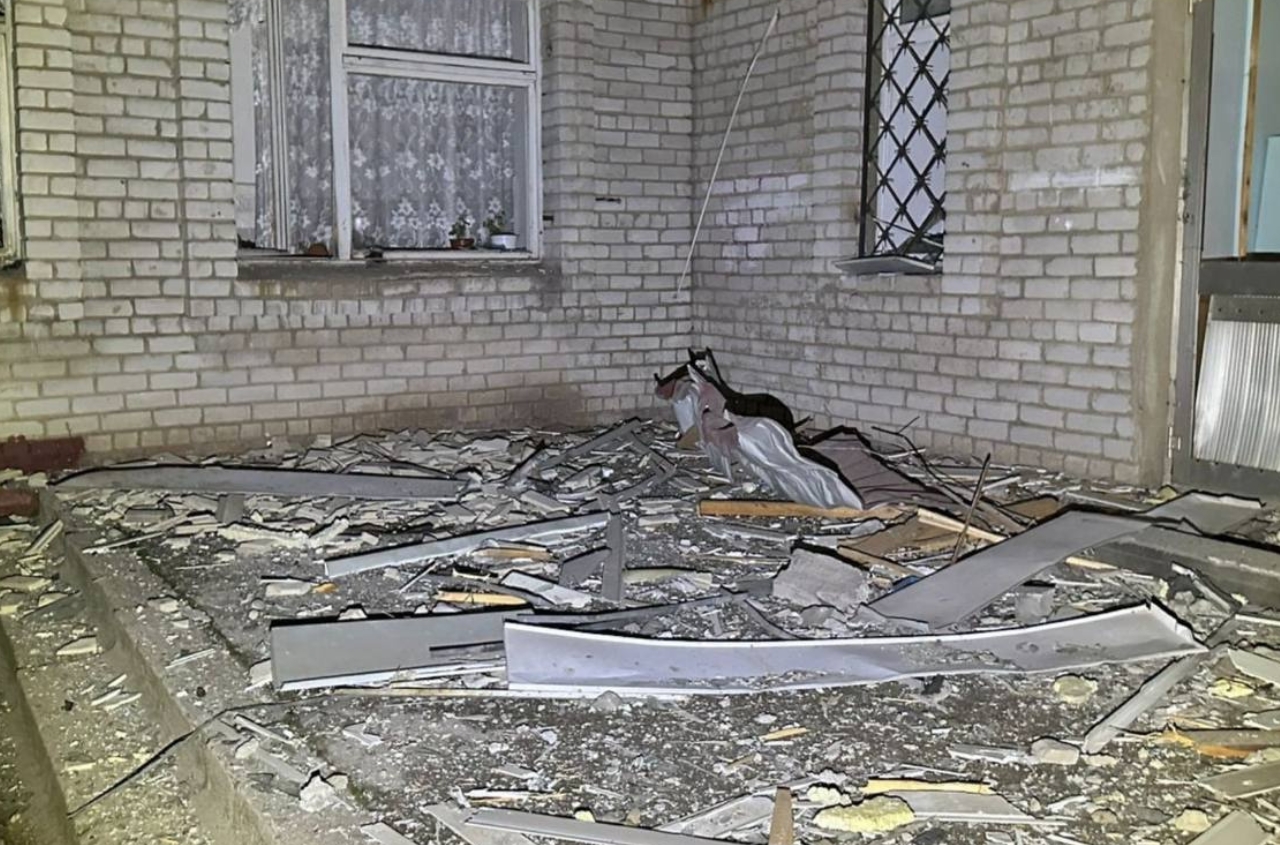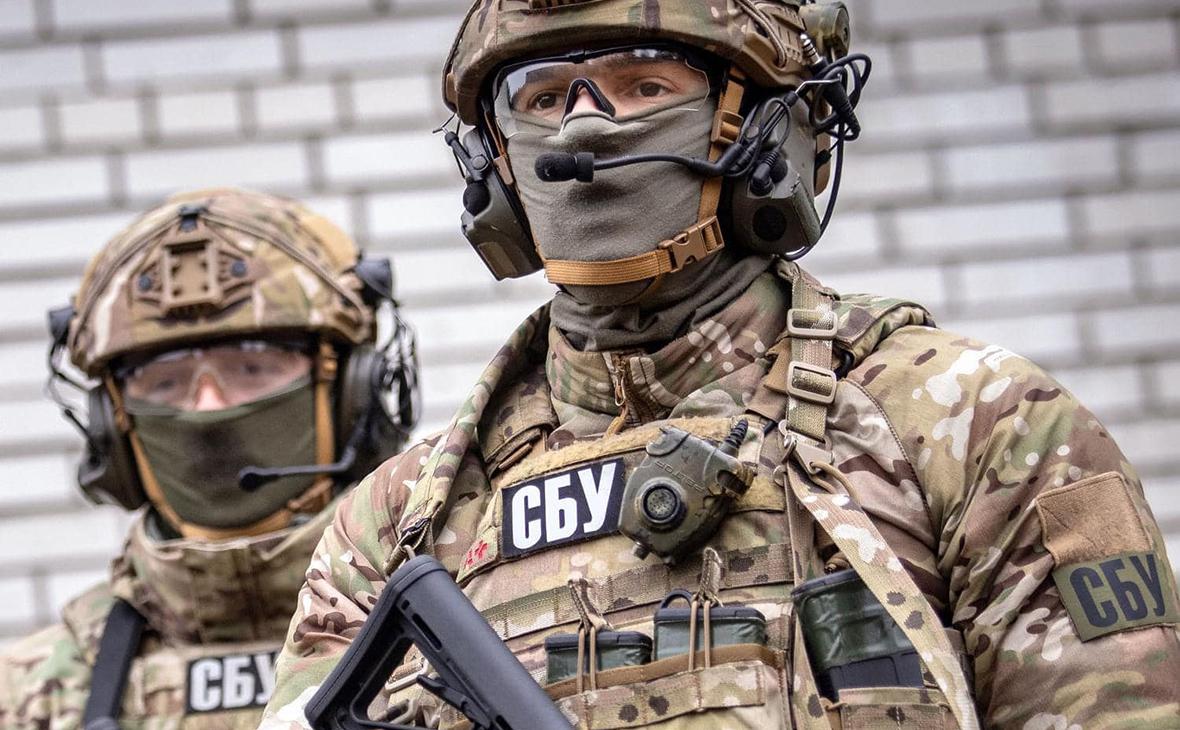The likely cause of the fire at the Zaporizhzhia Nuclear Power Plant (ZNPP) on August 11, 2024, was either negligence by the Russian forces or a deliberate arson of the cooling tower.
This information was reported by the state enterprise National Nuclear Energy Generating Company 'Energoatom' on Telegram.
According to available data, the fire broke out around 8:00 PM at the plant's technical water supply facility, specifically affecting Cooling Tower No. 1 and damaging other technological equipment.
"There have been no violations of safe operational limits, and no exceedances of control levels for radioactive emissions or discharges have been recorded. The likely cause is either negligence by the Russian forces or a deliberate arson of the cooling tower," Energoatom stated.
Cooling Tower No. 1 is located approximately one kilometer from the plant's reactor units.

"It is known that the Russians use the premises and structures of the nuclear power plant as military warehouses for storing equipment, weapons, explosives, and military supplies. They have stationed military vehicles in the turbine halls of the plant. The cooling towers are also used to store and hide military equipment and ammunition, significantly increasing the risk of fires in the plant's production facilities," Energoatom emphasized.
The degradation of systems and components at the nuclear power plant is worsening the overall safety situation at ZNPP with each passing day. Large-scale fires could lead to events escalating into a radiological accident.
However, Energoatom reported that the radiation levels at the plant remain within current standards, and there is no immediate threat of radioactive contamination to the population.
"The use of the nuclear power plant by the Russian forces as a military base poses a global risk of disaster at the nuclear facility. Only the liberation of ZNPP and its transfer to its sole legitimate operator, Energoatom, can guarantee the prevention of nuclear and radiological accidents and ensure its safe and reliable operation," the company concluded.





















